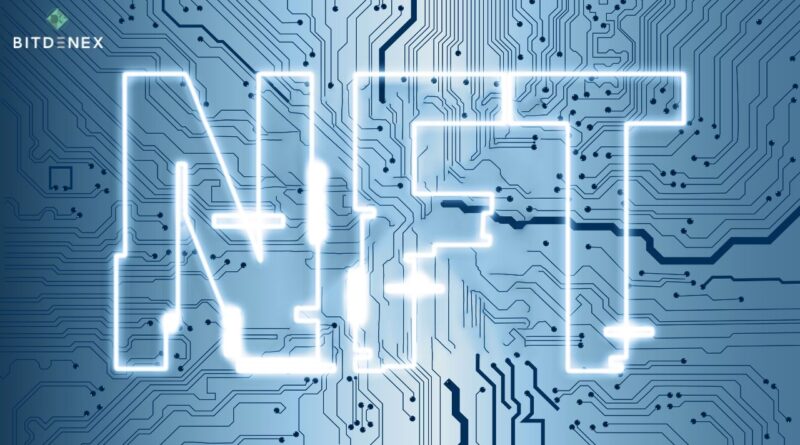What is the difference between Custodial & Non-custodial NFT marketplace?
A non-custodial NFT marketplace is probably an excellent approach to secure and manage your NFT assets. Several NFT marketplaces currently operate in a custodial capacity. What exactly does this mean, and why do NFT artists and collectors demand a non-custodial NFT marketplace? Read on to discover out.
How are they different?
A custodial NFT marketplace administers and controls your wallet’s private key while also holding your NFTs in custody. In other words, a custodial NFT marketplace has complete control over your NFTs, can manipulate your account, and requires your consent to transfer them. The Bitdenex NFT marketplace is the best example of a custodial NFT platform, as it requires you to register or log in using a registered account.
A non-custodial NFT marketplace, on the other hand, provides NFT makers and collectors with complete ownership and control over their wallets and NFTs at any moment. Users can trade NFTs directly from their wallets. A non-custodial platform employs smart contracts to facilitate any NFT transaction, eliminating the need for third parties.
Benefits of a non-custodial NFT marketplace
1. Decentralized and full ownership of NFTs
The primary advantage of a non-custodial NFT marketplace is that the NFT inventor has complete control with his NFTs and can determine the type of NFT transaction costs. An NFT creator can move his NFTs at any moment, even if the NFT marketplace is not active, because the private key is stored on the user’s crypto wallet rather than the NFT marketplace’s.
2. No forms, No selfies needed
In non-custodial NFT marketplaces, there is no requirement for documentation for creating or selling NFTs. NFT creators do not need to provide their IDs or passports, only a legit or unique asset to trade.
What are the best non-custodial NFT marketplaces to mint NFTs?
1. AirNFTs
AirNFTs is a non-custodial NFT marketplace that supports multiple chains, Polygon, and Fantom. We do not have access to manipulate or transfer our users’ NFTs because we would require their secret phrases to do so. Instead, their wallets own their NFTs, which can be managed only by them. As a result, AirNFTs provides a more secure NFT marketplace for both collectors and artists.
2. OpenSea
OpenSea does not have control or custody of its users’ NFTs. Your NFTs do not leave your wallet until they are sold since Opensea does not buy, sell, or transfer NFTs, and it has no control over the blockchains with which you interact.
3. SuperRare
NFT transactions on SuperRare are peer-to-peer, and no one except those trading on the SuperRare NFT market can access funds or NFTs.
4. Rarible
You agree to the smart contract when you list your NFT on Rarible’s NFT marketplace, which activates when a sale occurs, removing it from your wallet and depositing funds owed to you.
5. Foundation
The Foundation will not take possession of your NFTs. The platform solely functions as an NFT marketplace, allowing buyers and sellers to connect. To store your NFTs, you’ll need a web3 wallet like MetaMask or Trust Wallet.
Closing thoughts
Knowledge of the key differences between custodial and noncustodial NFT marketplaces is intended to help NFT enthusiasts decide how best they want to secure and manage their NFTs.

